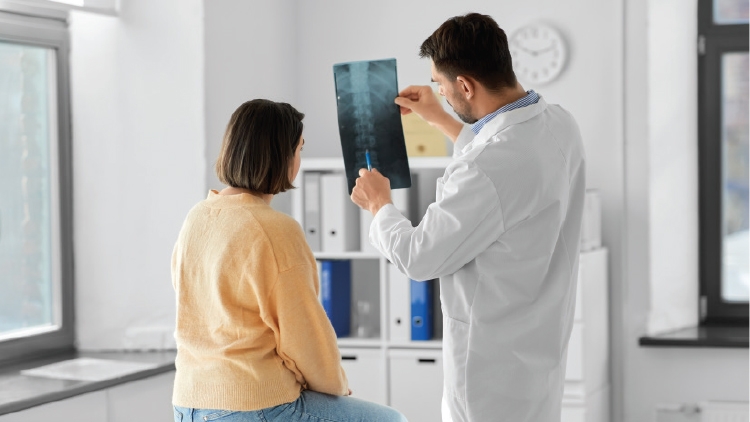Not a Smoke-Screen!
The COVID-19 pandemic has had incredible implications to health beyond the impact of the virus itself. The pandemic has challenged our mental health and anxiety, and addictions have increased substantially over the last two and a half years. There have been backlogs in elective surgeries and huge delays in specialist consultations.
One of the worrisome effects of the pandemic has been delay in cancer screening. Cancer screening is defined as the use of tests to detect cancer before symptoms appear. This may involve blood tests or specific targeted testing including imaging. The three major cancers we screen for in primary care are breast, colon and cervical. During the pandemic, as resources were diverted to the pandemic, routine preventive care was put to the side. People sheltered in place and deferred these tests.
We are already beginning to see the fallout in terms of cancers presenting later than they would have otherwise. In order to make sure that you are up to date on your screening, take stock and speak to your primary care provider. Speak to family and friends about whether they are up to date.
The following are guidelines for current cancer screenings. We do not have screens or tests for all cancers but here is what we can test for:
- Breast cancer – Mammography is recommended as the test of choice every two years from age 50 to 75. Having dense breasts or a family history may change that recommendation.
- Colon cancer – The stool test called the fecal immunoassay test is recommeneded for age 50 to 70. In some cases, if there is a family history or symptoms, a colonoscopy might be recommended.
- Cervical cancer – The Pap smear is the test to detect cancer of the cervix. It is recommended every three years from age 25 to 70. Cervical cancer is the only cancer we might prevent with a vaccine. The HPV vaccine is given to children in school and has the potential to change the incidence of this cancer in the future.
- Lung cancer – In high risk people such as smokers, low dose CT scans are evolving as a way of screening for cancer early.
As the primary care system is overwhelmed, take a few minutes to check your screenings. Doing that bit of homework may help to save your life.
Dr. Bhooma Bhayana is a family physician in London and the mother of two young men and proud grandmother of three! She continues to find wonder and enjoyment in family practice despite more than 30 years on the job!














